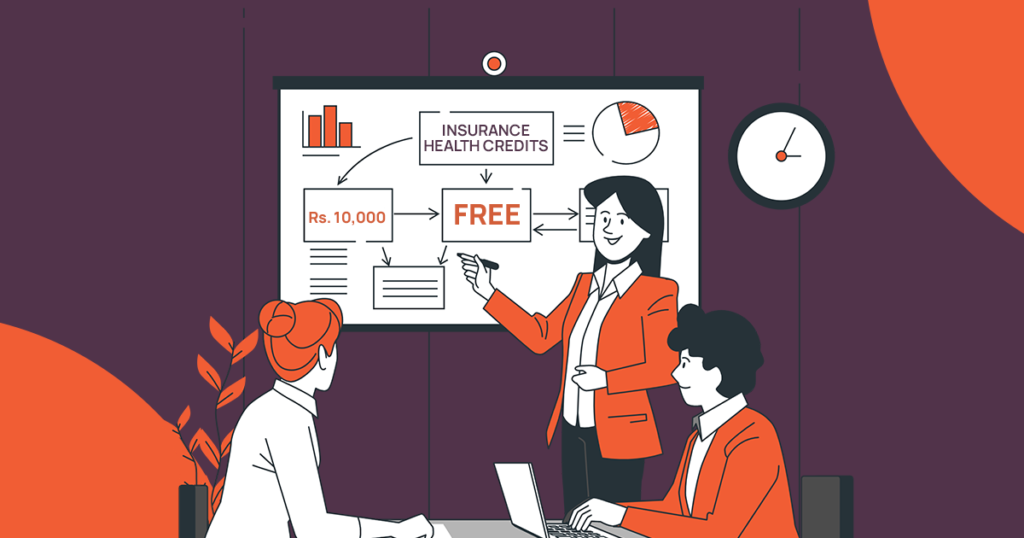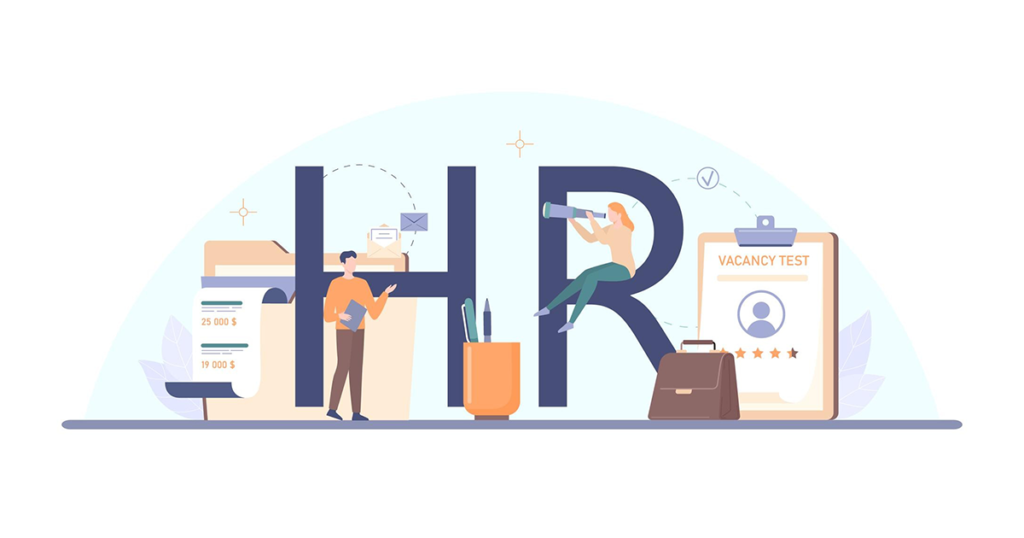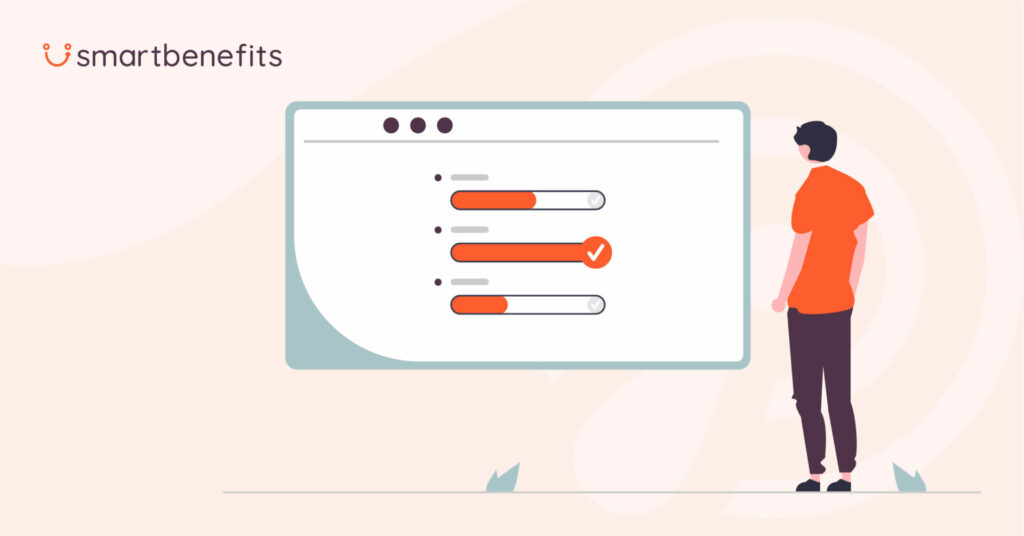In the past, HR departments were commonly viewed as administrative entities primarily tasked with paperwork, payroll, and ensuring compliance. The function of HR has undergone substantial transformation in recent times. Contemporary HR teams have transitioned to work as strategic allies for organizations. They actively contribute to strategies like enhancing employee engagement, acquiring top talent, and effectively managing performance.
HR departments are progressively using artificial intelligence (AI) to enhance various parts of their operations. The most common areas where AI plays a role are recruitment, employee onboarding and development, and performance management.
While this trend is not new, what has developed in recent years is HR’s capacity to use complex AI and automation tools on a large scale. Larger companies have embraced this shift. Furthermore, user-friendly AI tools are now enabling any employee to perform data analysis, reducing the dependency on specialized roles like data analysts.
The intersection of HR, machine learning, and AI is becoming more pronounced as the nature of work transforms. So how does AI benefit HR?
The Eight Key Benefits of AI in HR:
Data is the core of all HR processes. HR departments deal with huge volumes of data. This includes everything from candidate resumes, employee profiles, and job descriptions to key performance indicators and engagement survey results. Previously, generating useful insights from this data was a formidable challenge, but AI has transfigured this situation.
Becoming a Tactical and Strategic Asset:
AI enables HR teams to improve efficiency by offering them specific and broad-based actionable insights, enabling them to drive business results through comprehensive talent strategies. Predictive analytics can help to assess performance, learning and development, hiring, and encourage internal mobility using data. This helps to forecast skills and personnel requirements for achieving long-term goals.
Reduces Human Bias:
AI can help diminish unconscious bias by basing decisions on extensive data and not individual preferences. It can also detect bias patterns in human activities like performance reviews, career development discussions, calibration, and promotions. AI writing tools can assist in creating unbiased content for company policies, and job descriptions while facilitating challenging conversations.
Improved Employee Relationships:
AI can identify and analyze patterns in employee data to improve HR’s understanding of employee behavior. This information can then be used to design programs and policies that foster positive employee relationships and boost productivity.
Enhancing Efficiency and Insight in Candidate Assessment:
AI helps HR to screen resumes, cover letters, and candidate communication to evaluate their potential in the desired role. It collects data throughout the hiring process and compares it against industry benchmarks to predict each candidate’s likelihood of success. This includes analyzing video interviews and personal resume websites.
Supercharging Strategic Decision-Making:
AI-driven people analytics focuses on extracting meaningful insights from employee data to improve organizational performance. It empowers organizations to make data-driven decisions by analyzing historical data and altering variables to evaluate the potential impacts of decisions.
Supporting Managers:
AI in people analytics gives managers data-driven insights about their teams. This allows managers to make informed decisions for improving performance, skill development, and career planning.
Detecting Bias and Mitigating Its Effects:
AI can also be used to identify bias in HR processes generate follow-up flags and even advise actions to address and correct any concerns. This helps reduce any conflicts or liabilities stemming from discriminatory actions.
Improving Efficiency and Insights in Candidate Assessment:
AI is commonly used in applicant tracking systems to improve the hiring process by screening resumes, cover letters, and candidate communication. AI tools also compare collected data against industry benchmarks and historical data to evaluate a candidate’s suitability for a role.
While AI is a valuable tool for HR, it’s essential to be mindful of its limitations, particularly regarding potential bias in AI algorithms and data. With awareness and thoughtful application, AI can play a pivotal role in reducing bias, enhancing HR processes, and supporting data-driven decision-making, ultimately leading to more effective and efficient HR operations.

Sadia Zaheer holds a Masters in Business Administration from IBA, Karachi. After working in several financial institutions in Client Management, Corporate Lending, Islamic Banking and Product Management she jumped careers to pursue a career in writing.
She is a Finance, Business and HR Development writer with four years of experience. She reads a lot and takes care of her multiple cats to remain calm.



